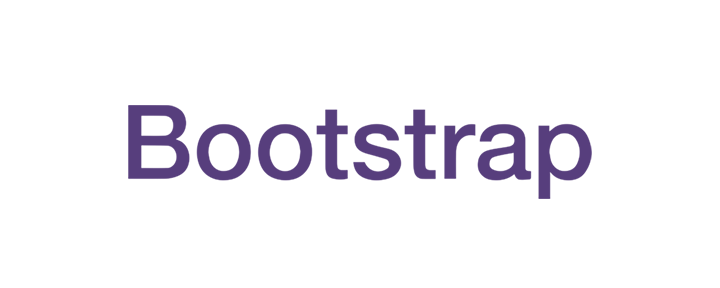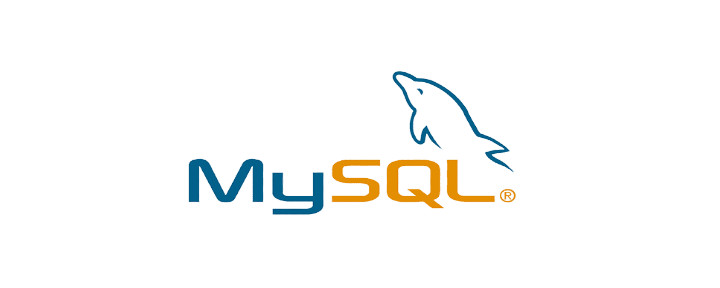Portfolio
Our Portfolio: Showcasing Excellence in Web Design And Web Development
At iVenzu Technologies, we take pride in crafting powerful, visually appealing, and conversion-driven Shopify websites. Each project in our portfolio reflects our commitment to quality, innovation, and exceptional user experience. Explore our success stories to see how we’ve helped businesses like yours achieve online success.

Our Project
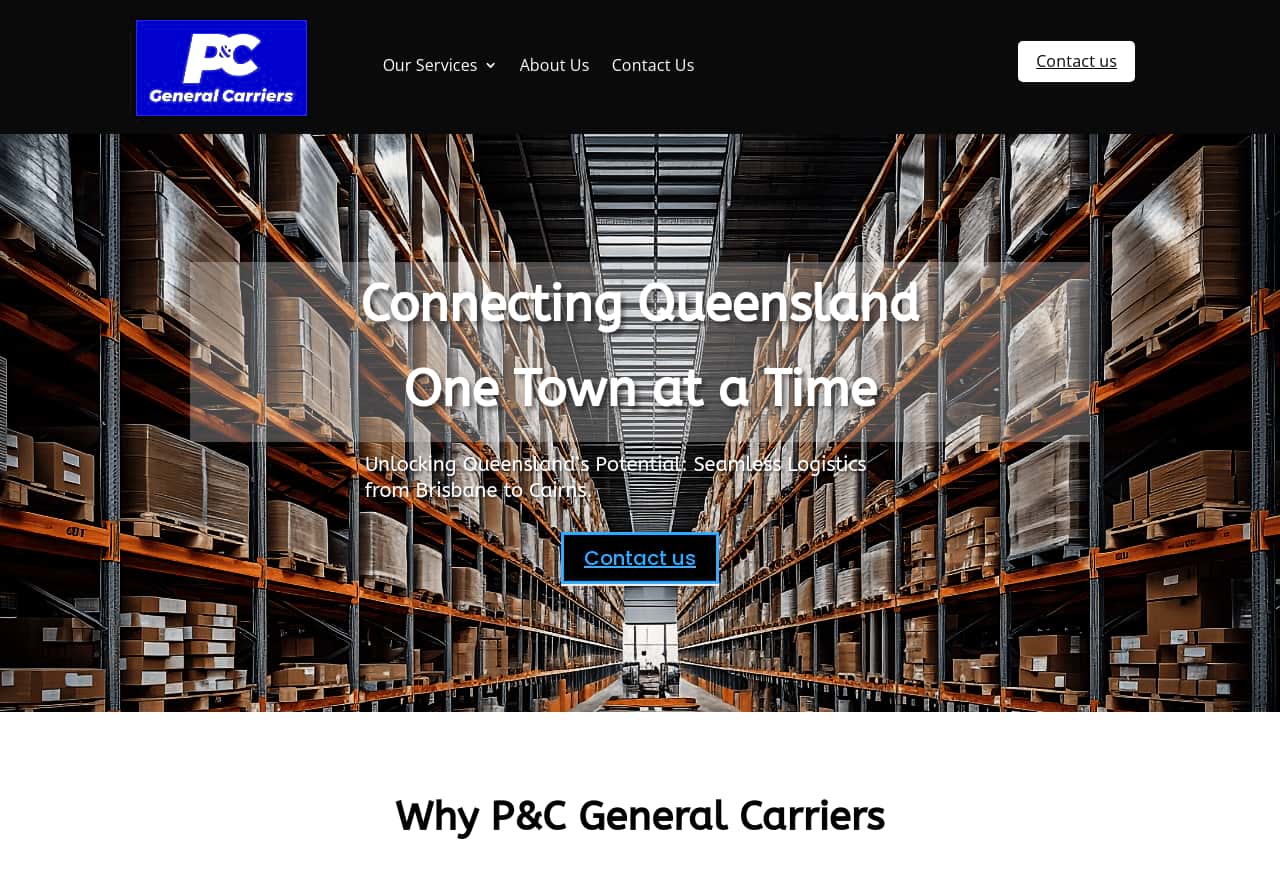
P&C General Carriers

SP Car Detailing

Arti Hair and Beauty Studio
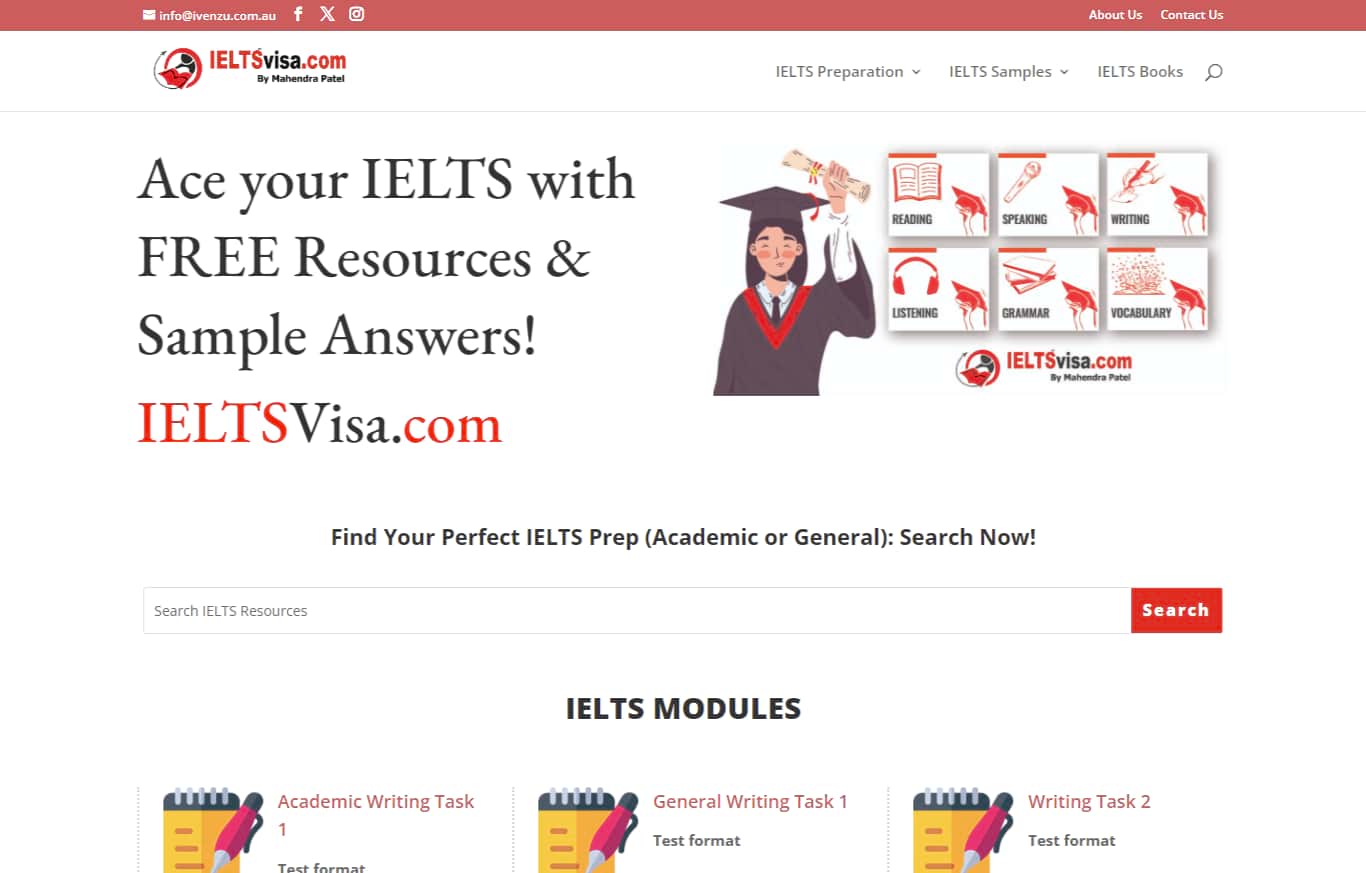
IELTSvisa.com

Rita’s Hair and Beauty Studio
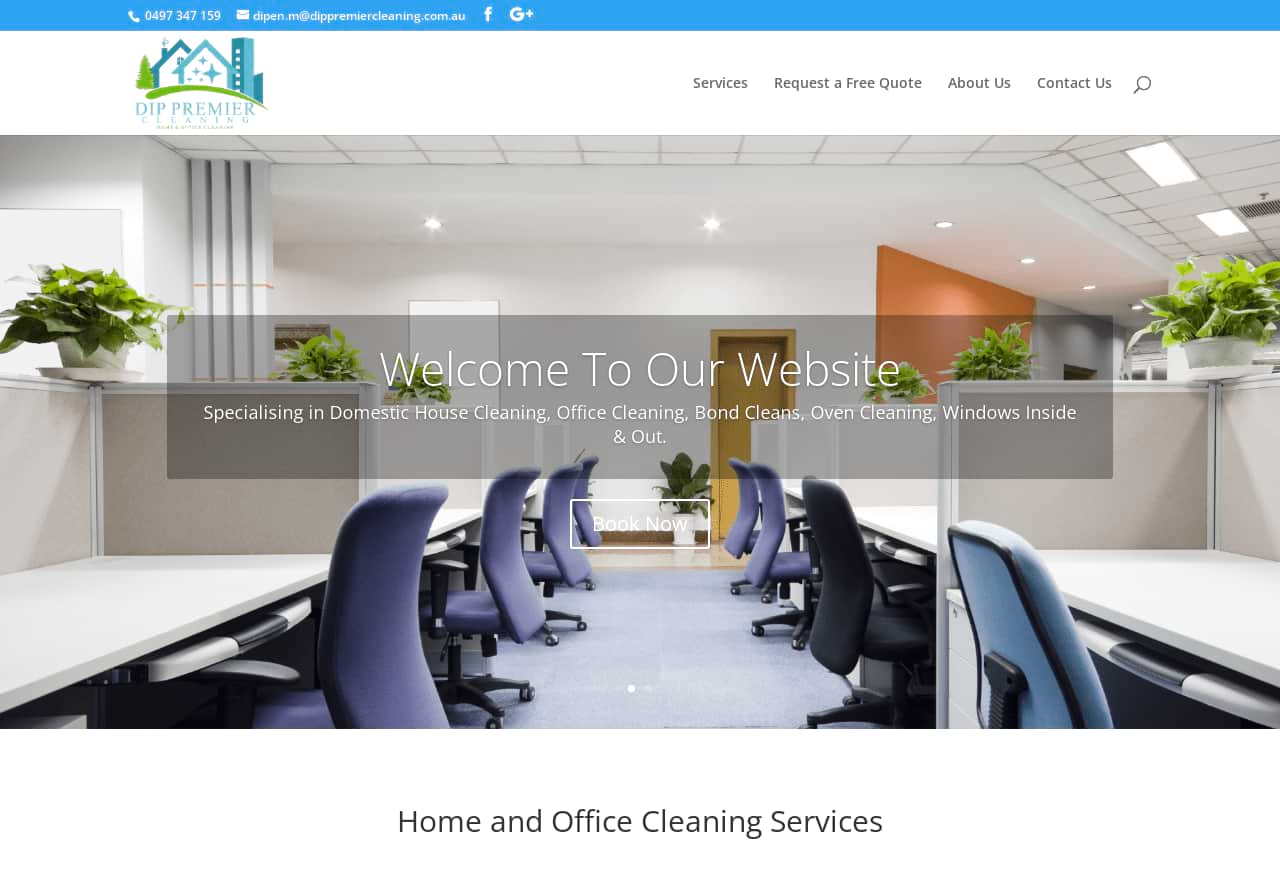
Dip Premier Cleaning
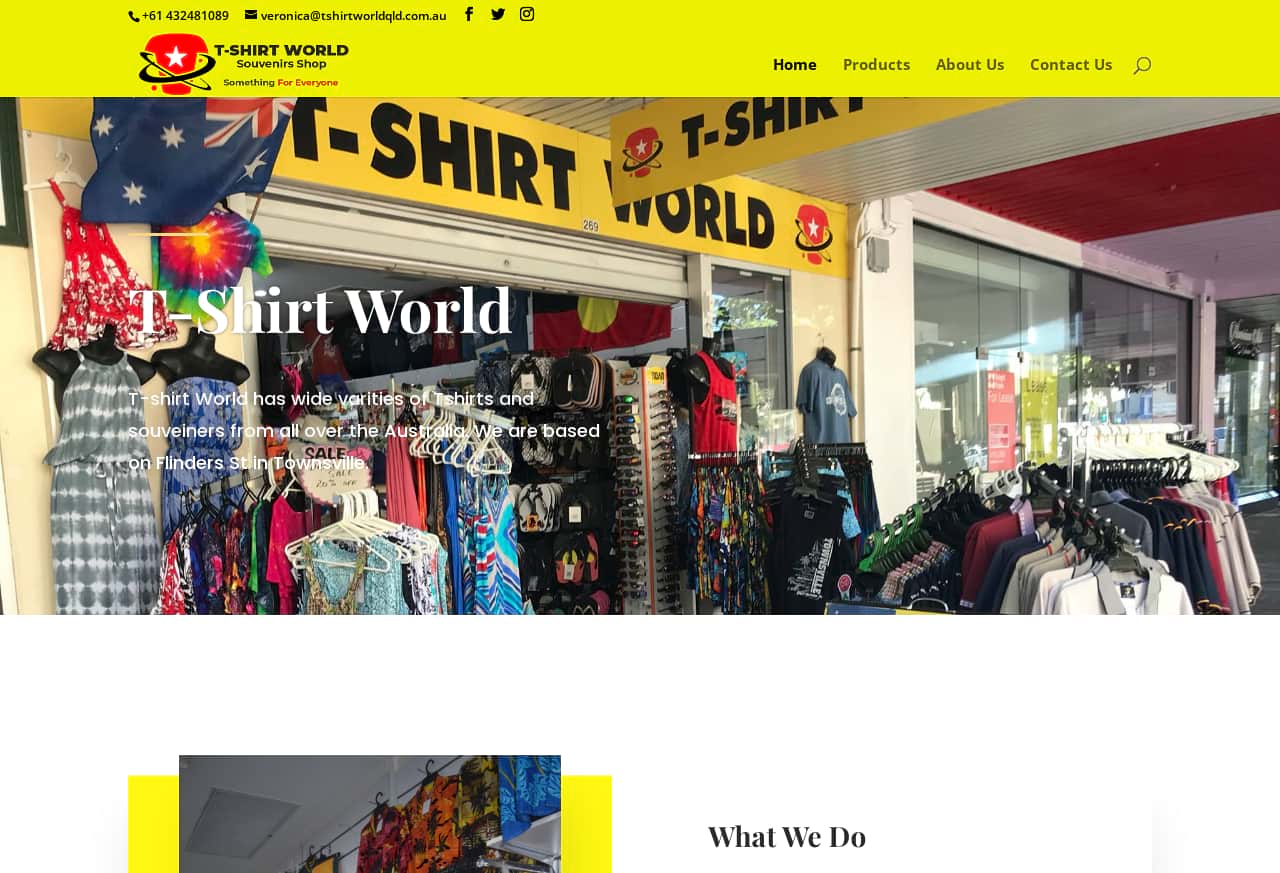
T-Shirt World
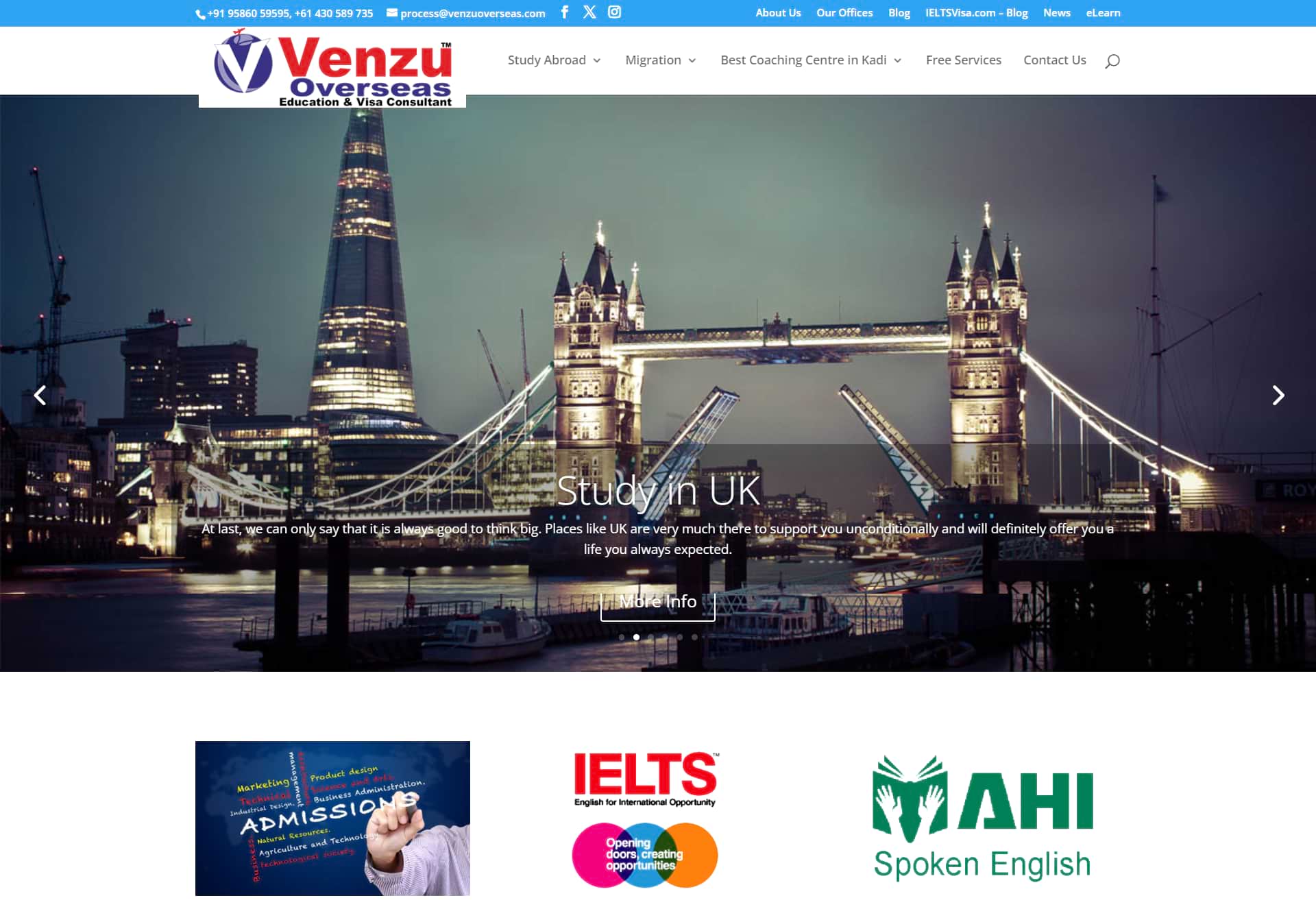
Venzu Overseas
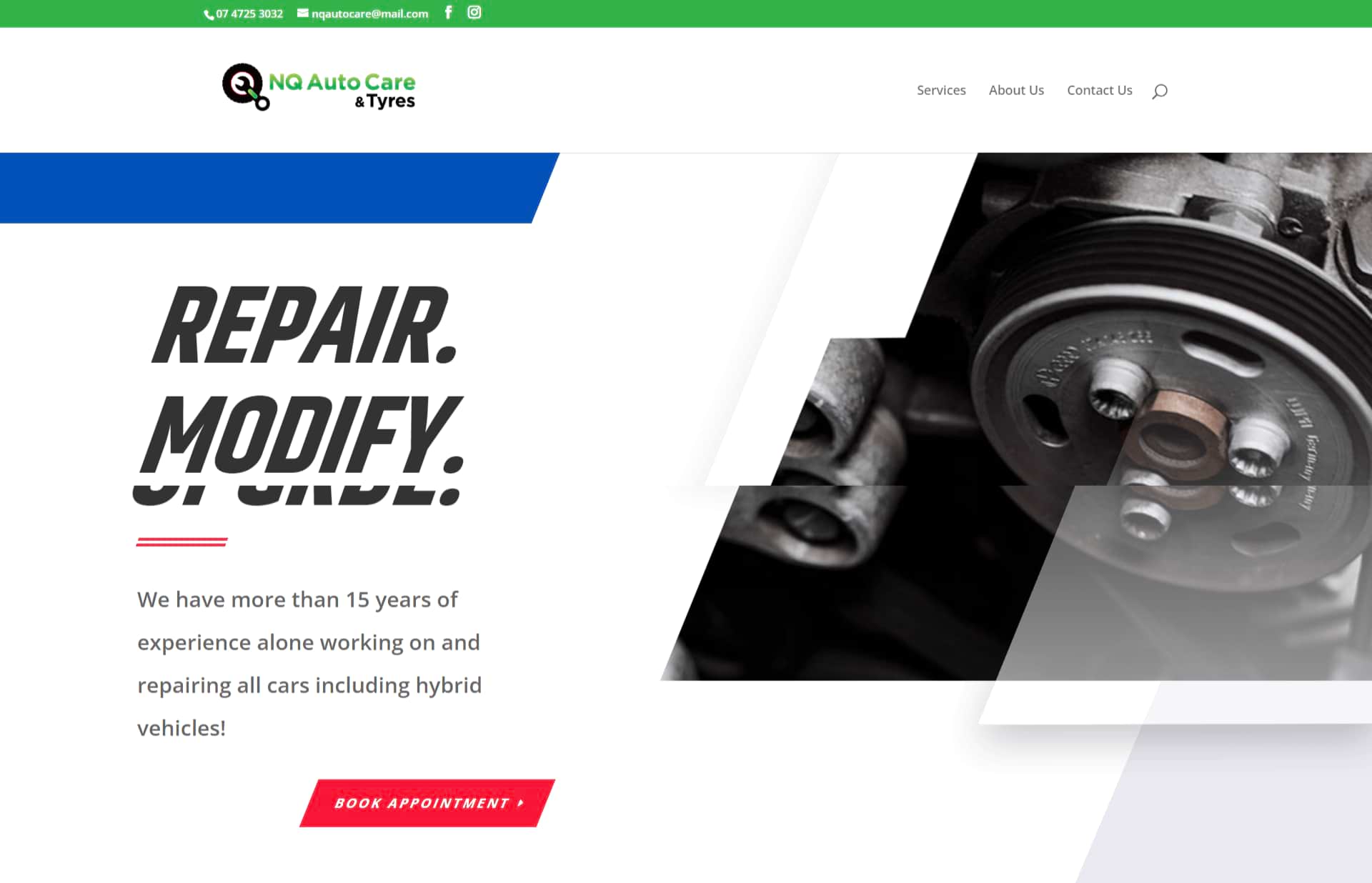
NQ Auto Care & Tyres
Why Choose iVenzu Technologies?
Ready to take your digital marketing to the next level? Contact us today for a free consultation and discover how iVenzu Technologies can help your business thrive online.
-
Expertise
Our team of experienced digital marketers stays ahead of industry trends to deliver cutting-edge solutions.
-
Customisation
We tailor our strategies to meet your unique business needs and goals.
-
Results-Driven
We focus on delivering measurable results that contribute to your bottom line.
-
Transparency
We provide clear and detailed reports to keep you informed about your campaign’s performance.
Boost your business with our comprehensive digital marketing services and see the difference today!
Project Management Webpage FAQs
Project Management General Questions FAQs
What is project management in the context of IT?
Project management in IT involves planning, executing, and overseeing technology projects to ensure they are completed on time, within budget, and to the required quality standards. It includes coordinating resources, managing risks, and communicating with stakeholders to achieve project objectives.
Why is project management necessary for IT projects?
Effective project management is crucial for IT projects to ensure they meet business goals, stay within budget, adhere to timelines, and deliver the desired outcomes. It helps manage risks, handle changes, and ensure stakeholder satisfaction.
What types of IT projects do you manage?
We manage a variety of IT projects, including:
- Software Development: Custom software solutions, application development, and system integrations.
- Web Development: Website design, development, and maintenance.
- Mobile App Development: Apps for iOS and Android platforms.
- Infrastructure Projects: Network setup, cloud migration, and system upgrades.
- IT Consulting: Strategic planning and technology assessments.
What Are the Key Project Management Skills?
- Leadership: Guiding and motivating the project team.
- Communication: Clear and effective information exchange.
- Time Management: Efficiently managing project schedules.
- Risk Management: Identifying and mitigating potential issues.
- Budgeting: Managing project finances and resources.
- Problem-solving: Addressing challenges and finding solutions.
- Negotiation: Resolving conflicts and securing project resources.
- Technical Knowledge: Understanding relevant tools and methodologies.
What are the 4 Cs in project management?
- Communication: Ensuring clear, timely, and effective communication among all stakeholders.
- Collaboration: Fostering teamwork and cooperation to achieve project goals.
- Commitment: Ensuring all team members are dedicated and motivated to complete the project.
- Competence: Ensuring the team has the necessary skills and knowledge to complete the project successfully.
What are the 5 steps in project management?
- Initiation: Defining the project, its purpose, and its scope.
- Planning: Developing a detailed project plan, including timelines, resources, and budget.
- Execution: Implementing the project plan and managing the project team.
- Monitoring and Controlling: Tracking project progress and making necessary adjustments.
- Closing: Finalize all project activities and deliver the project to the client or stakeholders.
What are the 5 pillars of project management?
- Scope Management: Defining and controlling what is included and excluded in the project.
- Time Management: Planning and controlling the project schedule.
- Cost Management: Estimating, budgeting, and controlling costs.
- Quality Management: Ensuring the project meets the required standards and specifications.
- Risk Management: Identifying, assessing, and managing project risks.
What are the five basic principles of project management?
- Defining the Project: Clear objectives, scope, and deliverables.
- Planning the Work: Detailed project plan with tasks, timelines, and resources.
- Leading the Team: Effective team management and leadership.
- Monitoring Progress: Regularly track project progress against the plan.
- Closing the Project: Proper closure with documentation and stakeholder acceptance.
What are the golden rules of project management?
- Define clear project goals and objectives.
- Communicate effectively with all stakeholders.
- Plan meticulously but remain flexible.
- Manage risks proactively.
- Monitor progress regularly and adjust as needed.
- Ensure quality throughout the project lifecycle.
- Learn from every project to improve future performance.
What are the key points of project management?
- Clear definition of project goals and scope.
- Detailed planning and scheduling.
- Effective resource allocation.
- Continuous risk management.
- Regular progress monitoring and reporting.
- Effective stakeholder communication.
- Quality assurance and control.
- Proper project closure and evaluation.
What is the 80/20 rule for project managers?
The 80/20 rule, or Pareto Principle, states that 80% of project results come from 20% of the effort. Focus on the most critical tasks that will deliver the majority of the project’s value.
What is the 100% rule in project management?
The 100% rule in project management states that the total scope of the project work must be defined and included in the Work Breakdown Structure (WBS). All deliverables and work packages should account for 100% of the project scope.
What is the 50/50 rule in project management?
The 50/50 rule is a project management technique used to measure progress. It allocates 50% of the value upon starting a task and the remaining 50% upon completion. This helps in providing a balanced view of project progress.
Project Management Our Approach FAQs
What project management methodologies do you use?
We use a range of project management methodologies, including:
- Agile: Iterative approach focusing on collaboration, flexibility, and customer feedback.
- Scrum: Agile framework emphasizing iterative progress and regular feedback through sprints.
- Waterfall: A linear and sequential approach for projects with well-defined requirements.
- Hybrid: Combining elements of Agile and Waterfall methodologies to suit project needs.
How do you ensure successful project delivery?
We ensure successful project delivery through:
- Clear Planning: Detailed project planning, including scope, timeline, and resource allocation.
- Effective Communication: Regular updates and transparent communication with stakeholders.
- Risk Management: Identifying and mitigating risks throughout the project lifecycle.
- Quality Assurance: Rigorous testing and quality checks to meet project requirements.
How do you handle changes in project scope?
Changes in project scope are managed through a structured change management process. This includes assessing the impact on the timeline and budget, obtaining approval from stakeholders, and updating project plans accordingly.
Project Management Communication and Collaboration FAQs
How will I be kept informed about the project progress?
You will be kept informed through regular status updates, scheduled meetings, and progress reports. We use project management tools to provide real-time visibility into project status and milestones.
What tools and technologies do you use for project management?
We use a variety of project management tools and technologies, including:
- Project Management Software: Tools like Jira, Trello, or Asana for task management and tracking.
- Communication Tools: Platforms like Slack, Microsoft Teams, or Zoom for collaboration and meetings.
- Documentation Tools: Tools such as Confluence or Google Drive for documentation and sharing.
How do you manage remote teams and ensure collaboration?
We manage remote teams by leveraging collaboration tools, establishing clear communication protocols, and scheduling regular check-ins. We also use project management software to track progress and ensure alignment with project goals.
Project Management Costs and Contracts FAQs
How is project management priced?
Project management pricing can vary based on factors such as project size, complexity, and duration. We offer flexible pricing models including fixed-price contracts, time and materials, or retainer-based arrangements. Contact us for a detailed quote based on your project requirements.
What is included in your project management services?
Our project management services typically include:
- Project Planning: Defining scope, timelines, and resource requirements.
- Execution: Coordinating tasks, managing resources, and overseeing project progress.
- Monitoring and Control: Tracking performance, managing risks, and ensuring quality.
- Reporting: Providing regular updates and detailed reports on project status.
What should be included in a project management contract?
A project management contract should include:
- Project Scope: Detailed description of deliverables and objectives.
- Timeline: Milestones and deadlines.
- Budget: Cost structure and payment terms.
- Responsibilities: Roles and responsibilities of all parties involved.
- Change Management: Process for handling changes in scope.
- Communication Plan: Methods and frequency of updates.
Project Management Risk Management and Quality Assurance FAQs
How do you handle project risks?
We handle project risks by:
- Identify Risks: List potential risks that could impact the project.
- Analyze Risks: Assess the likelihood and impact of each risk.
- Prioritize Risks: Rank risks based on their potential effect on the project.
- Plan Risk Responses: Develop strategies to mitigate, transfer, accept, or avoid risks.
- Monitor and Review: Continuously track risks and update risk management plans as needed.
What quality assurance practices do you follow?
Our quality assurance practices include:
- Requirements Analysis: Ensuring clear and detailed project requirements.
- Testing: Comprehensive testing including functional, performance, and user acceptance testing.
- Reviews: Regular reviews and inspections throughout the project lifecycle.
- Feedback: Incorporating feedback from stakeholders to ensure quality.
Project Management Getting Started FAQs
How can I get started with your project management services?
To get started, you should:
- Contact Us: Reach out to discuss your project needs and objectives.
- Initial Consultation: Schedule a meeting to explore project requirements and scope.
- Proposal and Agreement: Review and finalize the project proposal and contract.
- Project Kickoff: Begin the project with a kickoff meeting to align on goals and processes.
What information do you need from me to start a project?
We need information including:
- Project Overview: Detailed description of the project and objectives.
- Requirements: Functional and technical requirements.
- Timeline: Desired project timeline and deadlines.
- Budget: Budget constraints and cost expectations.
- Stakeholders: Key contacts and decision-makers.
Ready to Start Digital Marketing Your Project?
Contact us today to schedule a consultation and discover how iVenzu Technologies can bring your web development ideas to life. Let’s innovate together!
Our Recent Projects
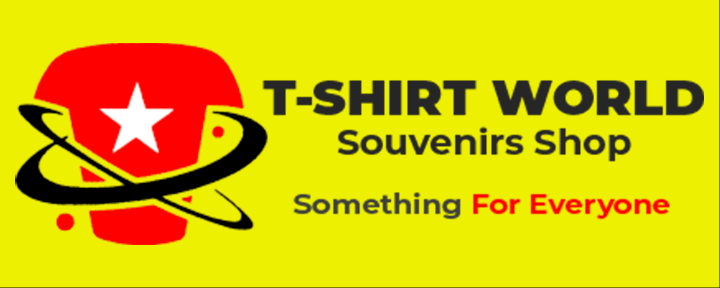
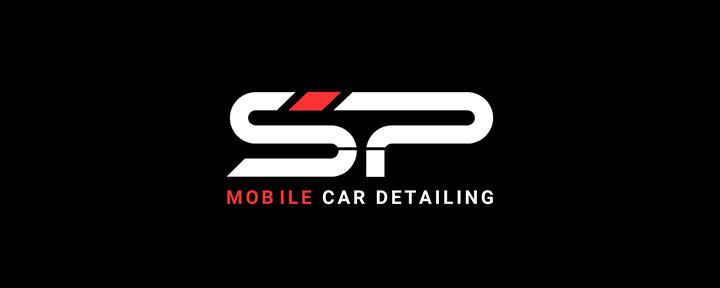

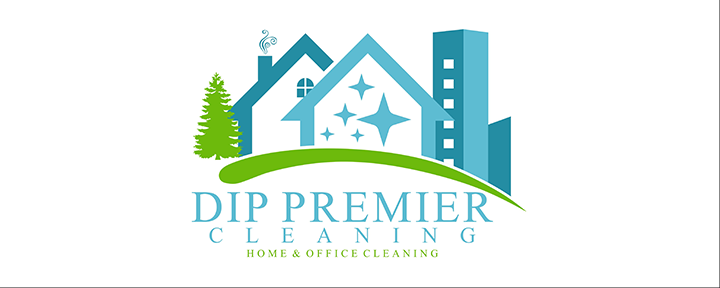
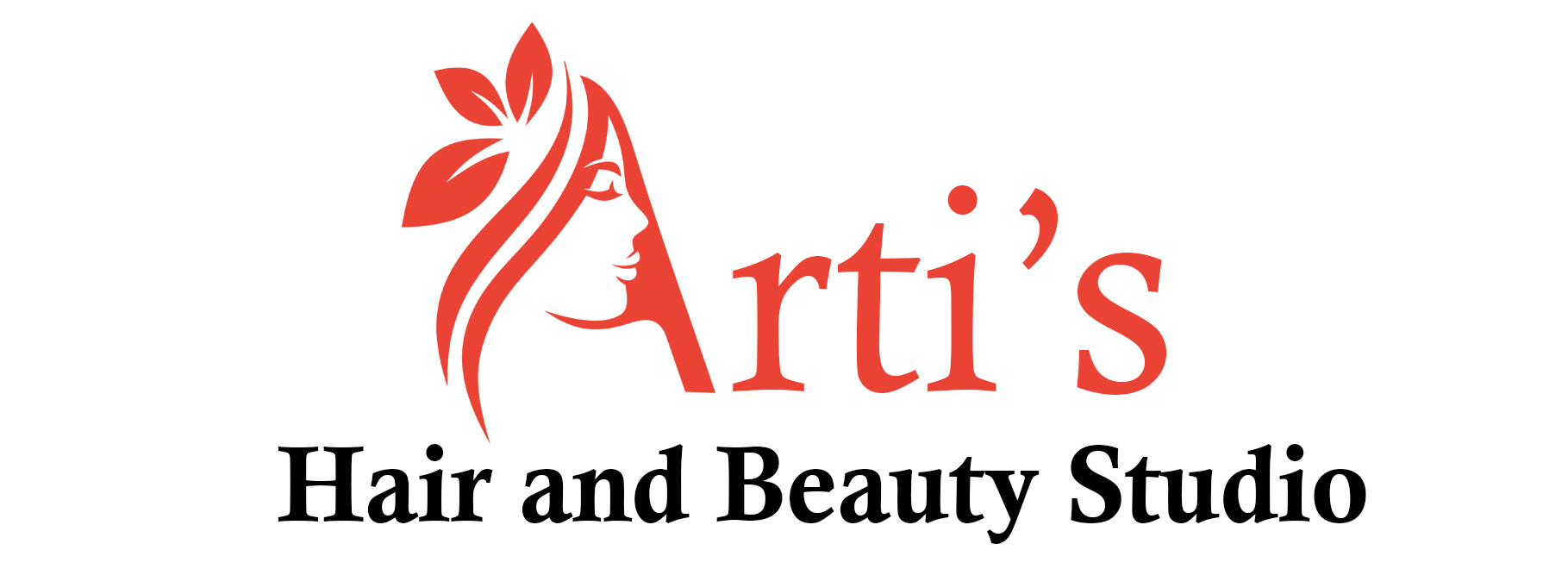
Website design and development starting from $499/- only*
Technologies We Work With







